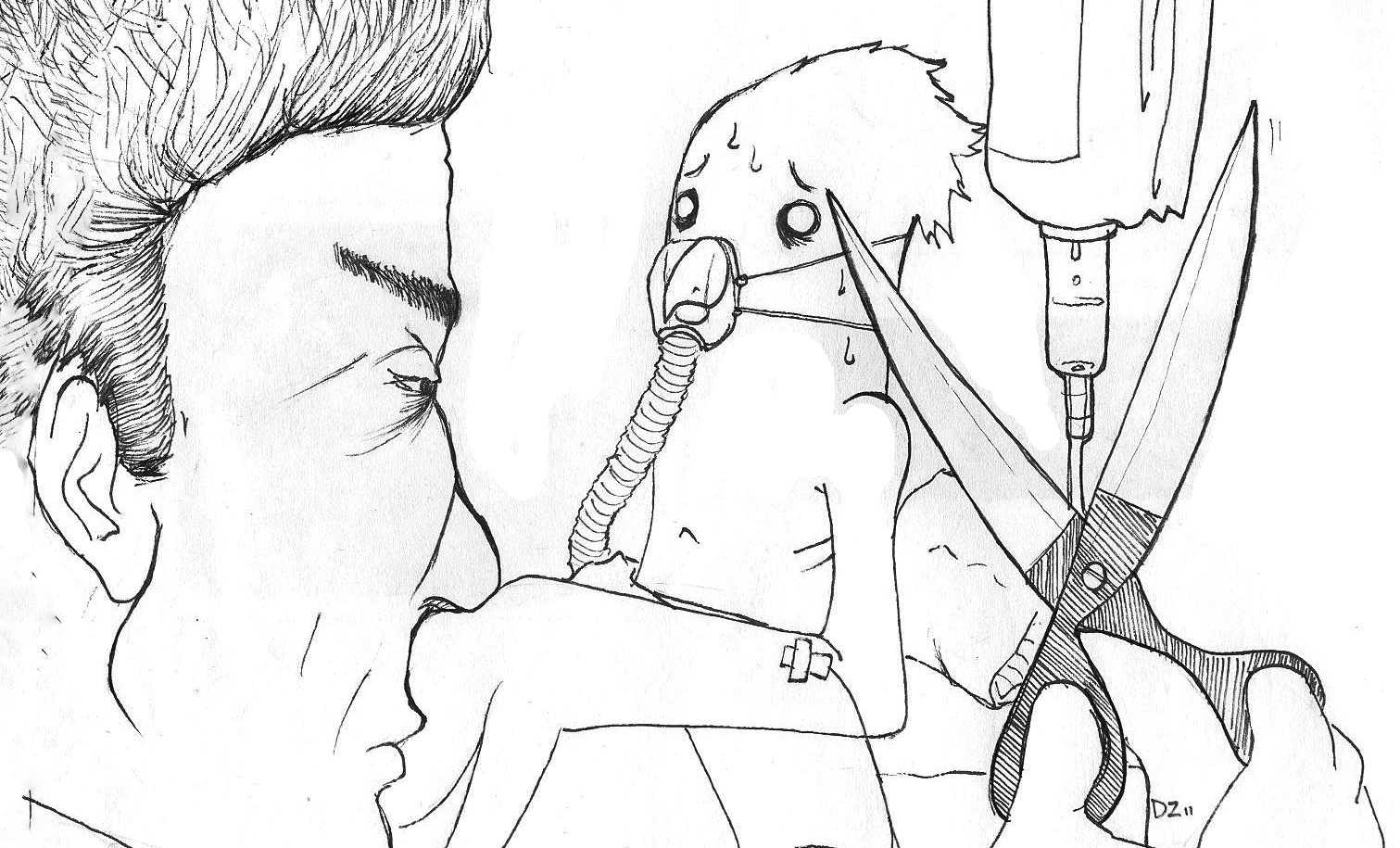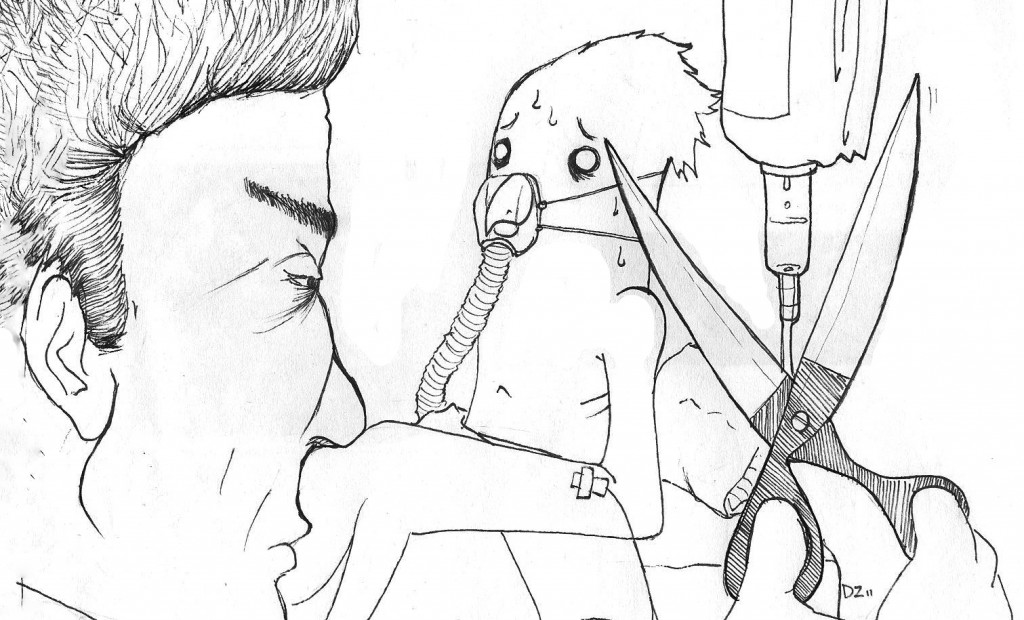

Administrators began licking the wounds drawn by state government officials when they formulated a preliminary plan to reduce the core instructional budget by $2.3 million in light of the college’s $3.2 million deficit. But Gov. Andrew Cuomo has effectively poured salt into the gaping gashes of struggling SUNY institutions like our own with his proposed budget plan for the state, and suddenly our situation has become doubly dire. It is high time that we as a campus community make our voices heard loud and clear: the cuts need to end, and the education of students should be a top priority for state and campus officials.
The governor’s proposed budget that would take effect on July 1 incorporates a 10 percent net reduction in state taxpayer support for the SUNY campuses, which adds up to astronomical deficit totals that may seem incomparable to students and faculty. A $3.2 million shortfall may suddenly become $6.3 million.
Dollar amounts can seem intangible, and it is more important for the campus community to think about what a $6.3 million deficit really means – lost jobs, consolidation of units and programs, larger classes and more. A $6.3 million deficit really means that our education is being compromised.
We are sorely disappointed in Gov. Cuomo, a man who many young voters chose to lead the state in these turbulent times. Last fall, he made big promises to curb corruption, “clean up Albany” and create a more efficient state. But the governor is failing to realize that he cannot dig New York out of its fiscal grave if the state’s youth never have the opportunity to succeed.
It’s sadly simple. Slashing SUNY funding means campus administrators will be forced to economize. If they have to continue to make reductions, those administrators will eventually need to make cuts in the instructional budget. Professors may be let go. Classes may get larger, and students may receive less attention from their teachers. Courses may be put into rotation, and students therefore may not graduate on time. They may then have additional loans. They may not have the money to buy New York homes and spend at New York businesses. Their dreams of a white-picket fence may be delayed.
How can New York’s economy bounce back if the new work force is too busy playing catch up? And what about us? Don’t we have the right to the good education that SUNY officials promised us?
As students, we should be more than angry. This week, 1,000 showed their frustration and desire to speak out about these crucial issues by attending the walk out and teach-in program. We applaud the organizers of this event for getting the student body to take notice of how decisions made by state government officials may affect their college careers and lives.
However, it is important to keep the momentum going. The excitement and energy surrounding this program was infectious, and it needs to continue to be that way. The challenge of changing the minds of politicians is a great one, one that will take more than one day of lobbying and a few petitions. Young people must vote. Young people must stay on top of the news coming out of the capitol. Young people must continue to care. If not, government officials will feel they have no incentive to do the same.
The current fiscal climate seems grim, but our attitudes should not be. Perhaps state officials don’t care now, but we need to prove that they should have all along. We have quite the task ahead of us. But if we do not appeal to our government to change their ways, the bleeding will never stop.
